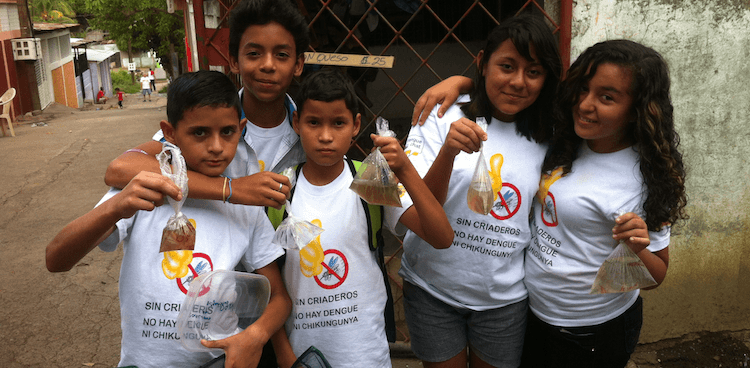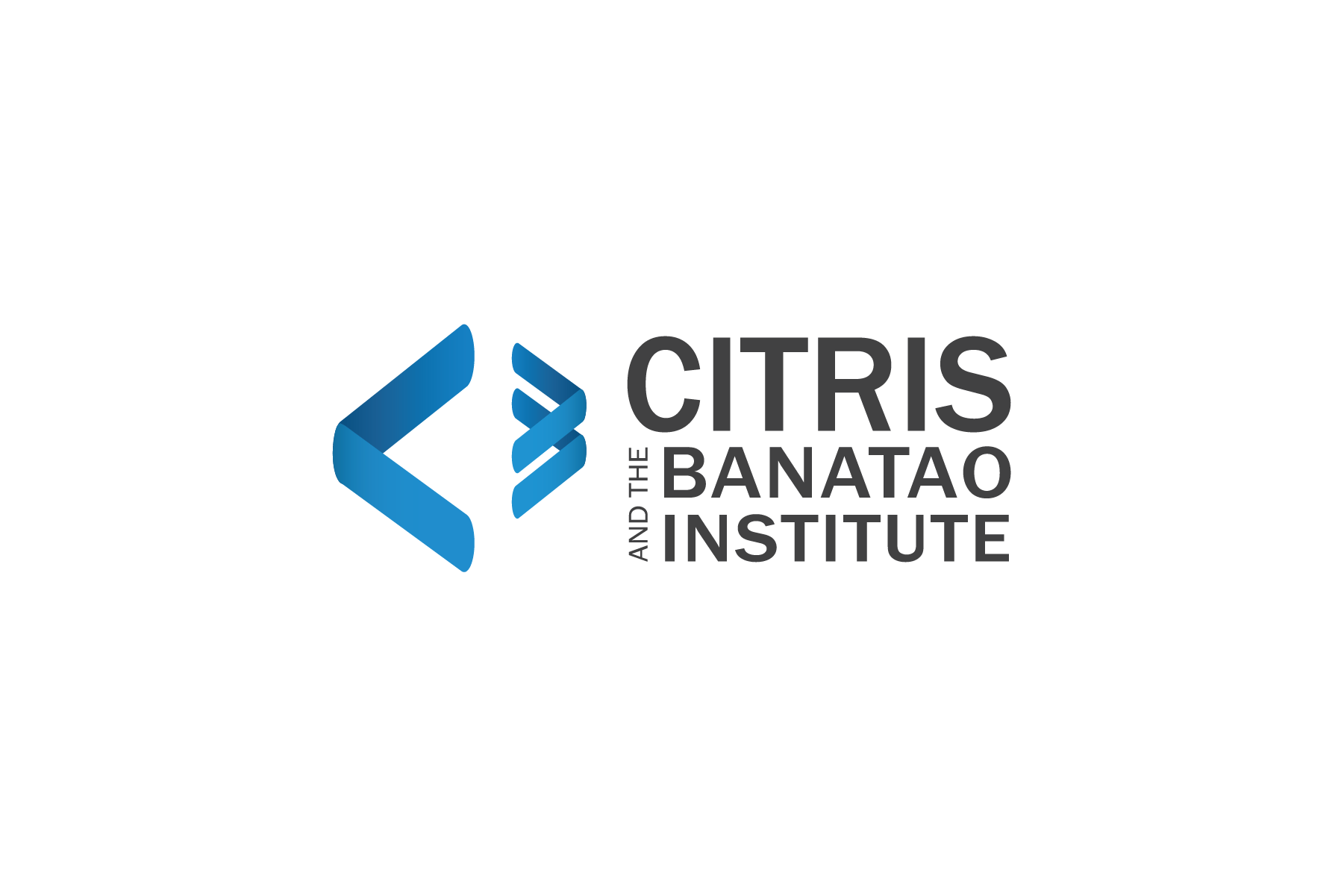DengueChat: A Mobile App for Vector Control
Dengue, Chikungunya, and Zika viruses continue to expand dramatically worldwide in large part due to failed efforts to control the principal mosquito vector, Aedes aegypti. The World Health Organization estimates that these diseases infect 50-100 million people each year, with over 3 billion at risk. Indeed, rates of infection are doubling every year in many regions. It is recognized today that the most sustainable approach to try to curb this expansion is to develop integrated vector control strategies that incorporate community based interventions.
The Social Apps Lab has developed DengueChat (www.denguechat.org) as an interactive web and mobile platform that combines mobile technology, evidence collection, reporting, analysis, pedagogic information, and game concepts to motivate communities to participate in dengue vector control without using chemicals.
DengueChat considers that the residents of communities affected by arbovirus diseases are the best sources of information about active and potential mosquito breeding sites and are therefore potentially the best agents for their elimination. The challenge is to motivate them to act.
DengueChat has two primary parts: DengueChat Community and DengueChat Data. The first engages communities to educate and motivate residents in mosquito vector control. The second is a platform for organizers and researchers to analyze and represent the data that communities collect.





